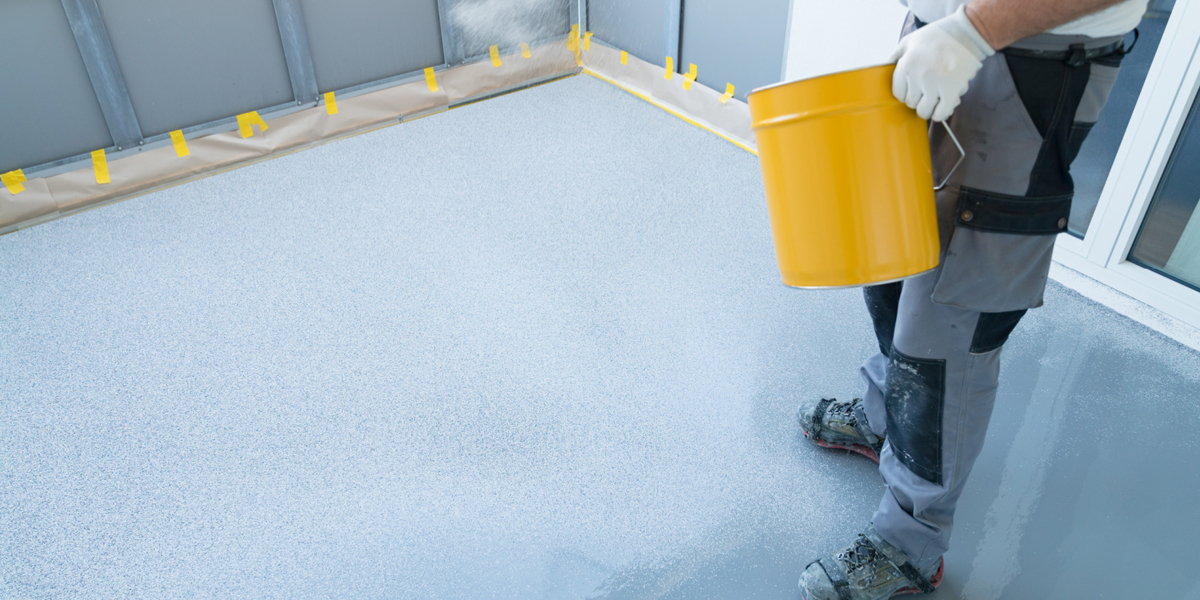Can You Put Resinous Flooring Over a Wood Substrate?
Can You Put Resinous Flooring Over a Wood Substrate? As downtowns are revitalized, it is becoming more common to renovate older buildings. These often become restaurants, bars, or breweries. Since older buildings typically have a wooden subfloor, many people wonder what type of flooring is best. Do you keep the old wood for character and risk the potential for staining or damage? Or do you put in flooring that will be more durable over time? And what can you confidently put over the top of the hardwood or plywood? This is a question we get a lot, so we thought it best to address it head on. With proper planning, you generally can put resinous flooring over a wood substrate. However, you don’t want just anyone handling this project. It’s not as easy as some might think. But first, let’s talk about why you might want a resinous system in the first place. Seamless,




